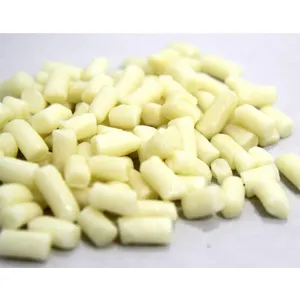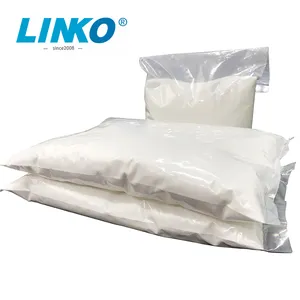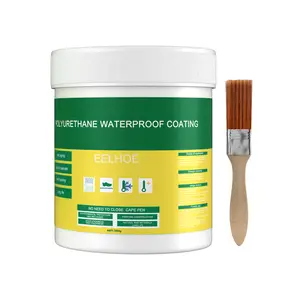Popular in your industry









































































Top categories
About anhydrous aluminium chloride alcl3
An Introduction to Anhydrous Aluminum Chloride (AlCl3)
Anhydrous aluminum chloride, also known as aluminum trichloride or AlCl3, is a compound of aluminum and chlorine. With a significant presence in the chemical industry, this inorganic compound is pivotal in various industrial processes, particularly in the synthesis of organic chemicals.
Types and Purity Grades of AlCl3
AlCl3 is available in several purity grades, catering to diverse industrial needs. The primary forms include the industrial grade, suitable for large-scale applications, the food grade, which meets the stringent requirements for food processing, and the agriculture grade for use in farming practices. Each grade is tailored to its specific field, ensuring that the compound's properties align with the required standards.
Applications of Anhydrous Aluminum Chloride
The applications of anhydrous aluminum chloride are extensive. It plays a crucial role in water treatment processes, aiding in the purification and treatment of water. In agriculture, it serves as a component in certain pesticides. Moreover, its utility in the production of dyestuffs and pharmaceuticals underscores its versatility across different sectors.
Features and Material Properties
Anhydrous aluminum chloride is characterized by its white to yellow coloration, indicating its purity and composition. The compound's molecular formula, AlCl3, denotes its makeup of aluminum and chlorine atoms. It is known for its low melting and boiling points, which make it a valuable substance in various chemical reactions.
Advantages of Using AlCl3
The advantages of using anhydrous aluminum chloride are manifold. Its efficacy in catalyzing reactions in organic synthesis makes it indispensable in the production of a wide array of chemical products. Its ability to act as a Lewis acid helps in various chemical processes, enhancing the efficiency and outcomes of the reactions it is involved in.
Environmental and Safety Considerations
While anhydrous aluminum chloride is beneficial in numerous applications, handling it requires adherence to environmental and safety standards. Proper storage and handling procedures must be followed to ensure the safety of the workforce and to minimize environmental impact.





















